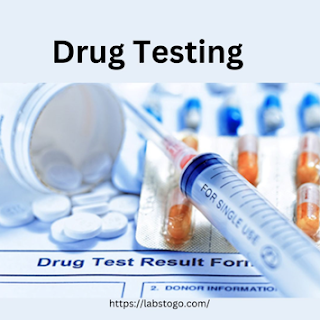DNA Testing
Genetic testing, commonly referred to as DNA testing, is a scientific method used to evaluate a person's genetic makeup and learn important information about their inherited traits, health risks, and ancestry. Deoxyribonucleic acid (DNA), the essential component of life found in the cells of all living things, is analyzed in this intriguing procedure. DNA testing's primary goal is to decipher each person's genetic code. Three billion nucleotide base pairs, or the entire set of a person's DNA, make up the human genome, which is organized in a certain order. These base pairs are arranged into 23 pairs of chromosomes, one set of which is inherited from each parent, forming the double helix structure that resembles a twisted ladder. Examining specific areas of a person's genome to find changes, known as genetic markers, that can shed light on various elements of their biology is the main goal of DNA testing. The markers may be connected to certain characteristics, medical issues, or ancestry. Scientists and researchers can learn a great deal about a person's genetic predispositions, family ties, and even ancient migrations by examining these markers.
DNA testing is used in many different fields and has several uses. It is essential for detecting inherited disorders and determining genetic risk factors for specific conditions in the field of medical genetics. Medical practitioners can provide individualized healthcare and specialized treatment approaches by analyzing an individual's DNA to predict the likelihood of developing specific ailments. Additionally, DNA analysis is a crucial technique in forensic science. It is utilized to examine biological samples taken from crime scenes, including blood, hair, or saliva, and contrast them with the DNA profiles of prospective suspects. This method supports criminal investigations and ensures justice by assisting law enforcement authorities in creating connections between offenders and the evidence. It is crucial to understand that DNA testing raises serious ethical and privacy issues. Particularly in light of sensitive information and the potential psychological impact, people should carefully examine the implications and potential repercussions of undertaking genetic testing.



Comments
Post a Comment